
Every two minutes there is a sexual assault but even more frightening is the minimal justice for the victims. In this age of #MeToo, people are now more aware of sexual assault and harassment, but there are many things which still are hidden. Among the secreted facts are the horrendous amount of rape kits – cases which could have been prosecuted, and rapists who could have been taken off the streets. Yet they gather dust and are shelved in warehouses for years without being looked at by the police or district attorneys. Why?

When Golden Globe and Emmy-award winning actress Mariska Hargitay, landed the role of the tough but compassionate Lieutenant Olivia Benson of Law & Order -Special Victims Unit -SVU– the actress was unaware of the severity of the problem and the justice being denied to the victims.
It wasn’t until she started receiving letters from survivors sharing their stories, many who’d suffered rape and other abuses, wrote her about their own horrific experiences saying “I wish you had been the cop investigating my case.” Ms. Hargitay was horrified by what she learned and began to investigate. She discovered most of the victims had been ignored by and pushed aside by the criminal justice system. She didn’t understand how police and district attorneys from many cities and states could drag their heels and ignore evidence that sat moldering and rotting on unprotected shelves.
So in 2004, she started The Joyful Heart Foundation and spearheaded a campaign to process and eliminate the unprocessed kits as well as giving support to the victims of sexual abuse, child abuse, and domestic violence.
In 2009, she made ending the rape kit backlog the number one priority for the foundation.
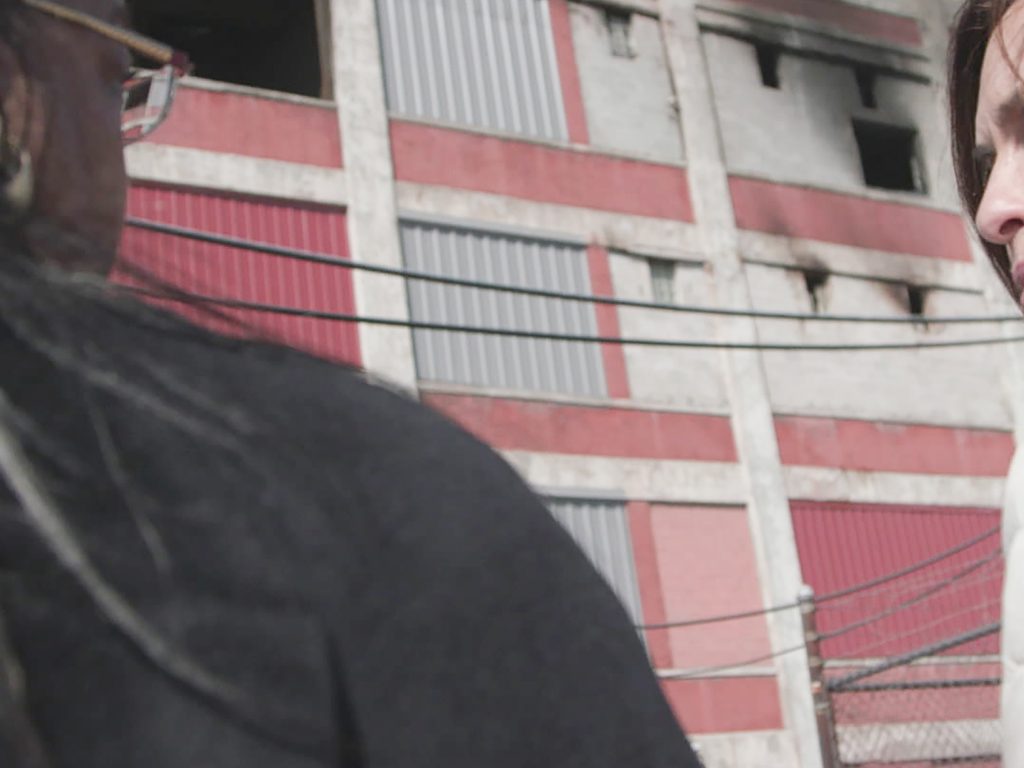
Kym Worthy, the Detroit prosecutor pushing for the city’s backlogged unopened rape kits to be properly utilized, brought Mariska Hargitay to an industrial park in a rundown part of the city. In an unprotected old warehouse with broken windows, the assistant prosecutor Robert Spada discovered thousands of sealed, unprocessed rape kits. For many of the cases, some up to 20 years old, the statute of limitations for possible prosecution had passed but a few were recent. Even the older ones, once processed, would help with finding the perpetrators since these still sealed kits contained DNA that could be crucial in solving current crimes. No one could explain why they had been left here but it meant that rapists and murderers were going free (since many rapists escalate to murder.) It meant that attacks against women were not being taken seriously.
Soon Ms. Hargitay found herself testifying in Congress about her discovery and exposed them to the knowledge of astronomical number. There are an estimated 400,000 unopened, untested rape kits all over the country gathering dust. Like many of the public believing that justice is being served, the representatives were stunned and promised change, but that change drizzled down and is slow in coming.

Together with Trish Adlesic and Ms. Hargitay and others produced the movie I AM EVIDENCE in order to bring the problem to light while Geeta Gandbhir served as co-director A legal thriller, the film focuses on a few American cities – Detroit, Cleveland, and Los Angeles where they exposed tens of thousands of untested and ignored rape kits.
In the film, four women give firsthand accounts of their assaults and the hours, weeks, months, and years following their evidence collection that they waited for some ending to their personal terror. The film details the callousness which these victims were treated by police and how their needs for knowledge – if only to help their own healing – were ignored.
As a forensic nurse, myself, I know that some DA’s refuse to prosecute because they don’t feel it important enough. Since most DAs are elected, they desire cases that will be easy to win but these cases are not quick wins. There are many more rapes than what is reported. Research consistently shows that the majority of rape and other sexual assault survivors do not report their attacks to law enforcement. Reasons for not reporting include fear of reprisal, shame, uncertainty about whether a crime was committed, or a belief that an incident was not sufficiently serious enough to report. Although survivors of sexual violence suffer psychological consequences, they may reason that the costs of reporting—e.g., loss of privacy, humiliation, having to testify to police or at a college disciplinary hearing—outweigh any potential benefits.Among them is fear of what people will say and how they, the victim, will be treated or blamed. Only a small percent of those reported reach a detective for further investigation and of these maybe 8% go to trial with a mere 2% serve time.
The defense attorney often finds ways to get the perpetrator off. They make excuses for him or if the rapist is found guilty they manage to obtain a lighter sentence than what the perpetrator deserves. This is especially true if the jury is mainly male. “What did she do to cause this?” Old myths are used like “she asked for it,” “her dress was too short,” “she drank too much,” or even “she shouldn’t have let her car stall in a bad area of town.” They accuse women of making up the story or having ulterior motives. Taking this clue, the police sometimes disregard the victim and refuse to believe her even when evidence is available to back up the victim’s description of events. Despite the fact that past history is not supposed to be brought into the court, the defense attorney often finds a way to sneak it in. So, if you are a dancer, a bartender, or anyone who works nights, you might have deserved it because you worked late that night or worked in a questionable neighborhood.
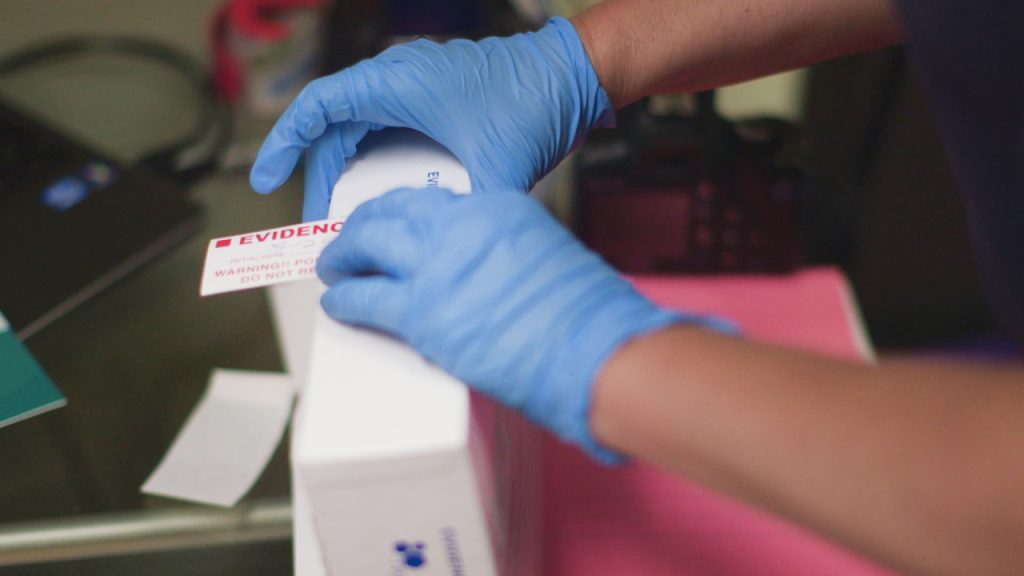
If the victim has no obvious external bruises, police dismiss the claim believing that she was a willing participant. They claim if she did not put up a fight or screamed that it was not a rape. They have no comprehension that with a knife to your throat you are frozen and emotionally traumatized — unable or too scared to move. They put it off as “he said/she said” especially when it is acquaintance rape. In fact, statistics indicate that as opposed to stranger rape, where the rapist is unknown, many times the victim has met rapist before. The acquaintance might be her boss, her date, a “friend”, or someone she sees frequently around town. (This is where trained sexual assault /forensic nurses have come in to assist. Often there are injuries that are not immediately visible and other corresponding facts that can tie into the victim’s statements – as “he threw me down on the ground” and the trained nurse sees grass stains on her pants.) Sadly, if the examiner is not knowledgeable in collecting evidence, other possible DNA evidence is often overlooked.
In the past, police departments did not test rape kits when the suspect was known to the victim. They found little need for DNA evidence when the identity was not in question. However, Alameda County District Attorney Nancy O’Malley believes thinking might have started to change since when police tested some backlogged kits they found instances where one suspect was actually linked to several other victims. She, herself, is now prosecuting a 2008 backlogged rape case that had languished in the Berkeley Police Department for six years and discovered that DNA from one of the suspects linked him to other crimes and a lengthy criminal history. The Berkeley police had no explanation for why the kit was never processed.
Where the victim lives also affects the justice they receive as does the color of their skin. So, if you are a woman of color or another non-white minority you are perceived to have less value. These victims are often treated with more judgment and they have an even slimmer chance for justice.
To the victims, it feels as no one cares. It’s not easy to put a rape behind you. Most police are not really trained in the sexual assault investigation. When the film played to the law enforcement officials of Mobile, they began to understand that processing these untested kits doesn’t always hold the promise of justice in individual assaults, but it helps identify the serial rapists that are still at large.
And while rape on college campuses has increased, the school’s willingness to help has decreased. Research estimates anywhere from approximately 10% to 29% of women have been victims of rape or attempted rape since starting college. School officials, according to several sources including the film The Hunting Ground, will sweep the facts under the rug and threatened the victim into silence rather than find out and punish the perpetrator. The schools do not want scandals. They want money from their donors not justice for the victims. A 2017 systematic review determined that about one in five women who had been in college had been sexually assaulted while enrolled there, in line with the widely cited and frequently criticized conclusion of the CSA survey.
Violence against women – as we see now with Mr. Trump’s comments about his domestic violence abuser aide – is often not taken seriously. Where is Due Process for the victims?
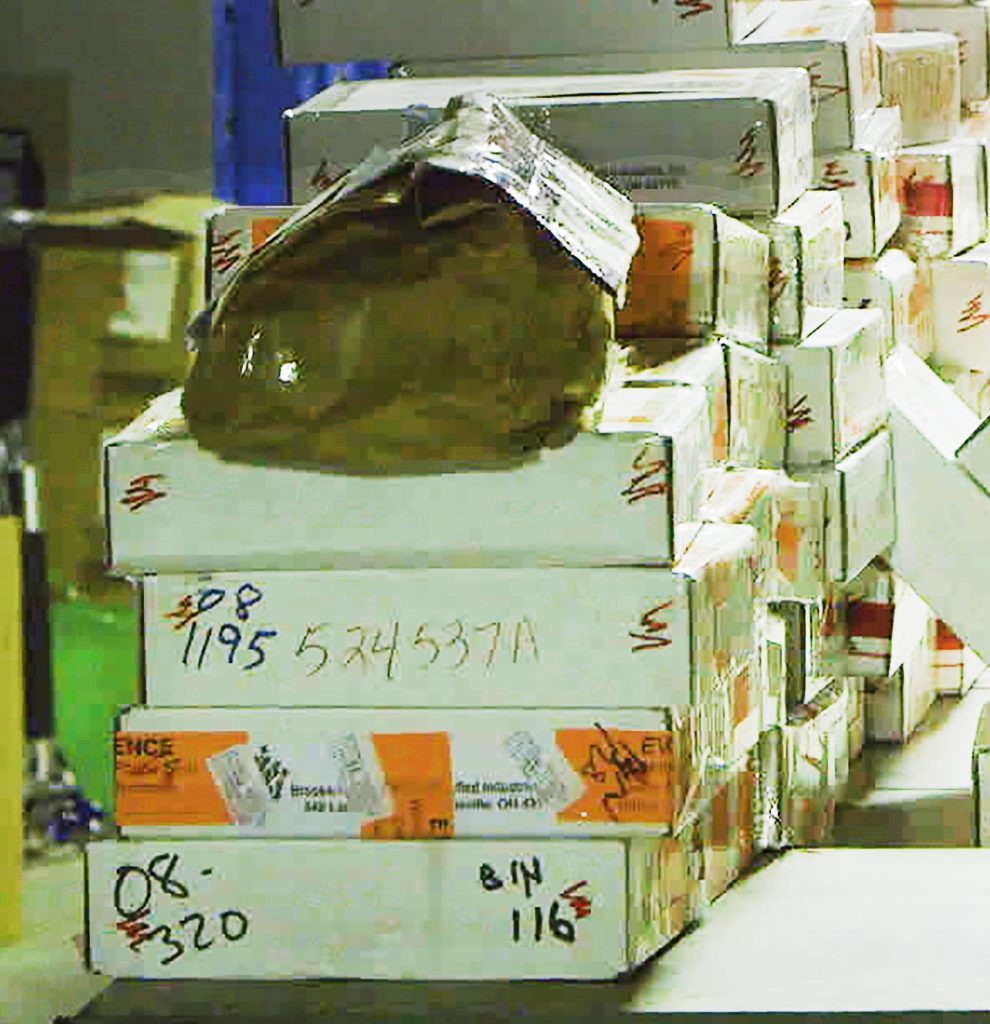
Since most victims suffer from post-traumatic stress disorder (PTSD) returning to the life they had known before is next to impossible. Because the perpetrator had threatened to return and kill them if they talked, they constantly look over their shoulder. Relations with their lovers or husbands are damaged or broken and it becomes difficult for these women to trust anyone. Their lives will never be the same nor can they trust the police again.
The film took the group three years to make. “It took some time to build trust,” Trish said. “I think after people have been so horrifically let down by the very entities that are in place and paid for by our tax dollars — to trust anyone isn’t easy after sexual assault. Then to trust a filmmaker when you don’t even know their intention…that takes courage.”
“However, even just speaking about their experiences seemed to help the women process what had happened to them,” said Hargitay. “One of the things that people underestimate is the power of bearing witness…and it’s been incredibly powerful for survivors to have their voices matter. The healing power of being heard, of having someone listen to you and believe you…that cannot be underestimated.”
There has been some change in the police reaction but not nearly enough. A group here in California has attempted for years to increase the statue of limitations for the processing of a case. California has no idea how many unprocessed rape kits sit on shelves in police evidence or hospital storage rooms. According to Joyful Heart Foundation’s records, there are over 13,000 untested kits in California alone, and it trails Kentucky and Tennessee. In 2014, the state passed a law that encouraged law enforcement to test kits within certain time frames.
On January 1, 2018, AB41 went into California law. Sponsored by Assemblyman Davide Chiu, D-San Francisco, it required law enforcement agencies to report how many rape kits they have collected and examined and disclose why a kit is not tested. This, however, only applies to new rape kits. Therefore agencies do not have to do an inventory of their evidence rooms. Law AB1312 sponsored by Lorena Gonzalez Fletcher, D-San Diego, gives rape victims an additional protection by requiring police keep rape kits in evidence for at least 20 years. AB280 from Assemblyman Evan Low, D-San Jose, allows taxpayers to designate a donation on their income tax return for a fund that will eliminate the state’s rape-kit backlog. California’s 10-year statute of limitations, however, only applies to crimes occurring after January 1, 2017. Older kits still languish.
In Michigan, the law allows 25 years for a case to be pursued, but in Florida, the victim is granted only three years. Currently, only a few states are making an effort to change but there are many who refuse to understand the situation, who still vilify the victims and law enforcement continues to say they don’t have the time to investigate all these cases.
Even with the heightened focus on sexual assault, victim advocate Heather Marlowe said many of the proposed laws still leave the unanswered question. Why have so many rape kits languished in police custody? The reason is many police departments label a report of rape as being “unfounded” and do little or no investigation.
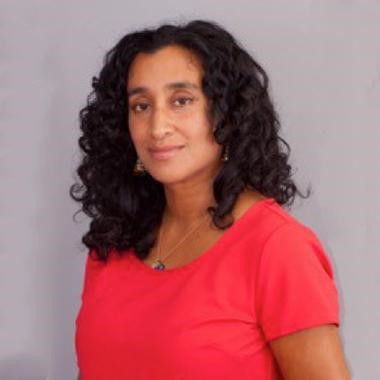
Geeta Gandbhir – co-director of I AM EVIDENCE
One young woman reported having screamed and yelled as her date raped her. No one came to her aide. Police would not listen to her as no one in the building would admit to having heard the screams. Many other cases fall through the cracks. Police can sometimes see a similar modus operandi but seldom look at CODIS -the national offender registry.
In another case, once it was finally processed, the police found similar DNA in other rapes along the 10 Freeway. As they investigated they learned that this rapist – a long distance trucker – lived with his wife and children in a mid-country in a small town. He had a record but was never looked as a suspect until they processed the kit many, many years later. Think of how many women that could have been spared the torture if the police had acted when the first victim reported it?
To make matters worse, they never gave the victim closure. They never let her know that her rapist had been captured and was off the streets or that his threats to find and harm her were nulled. Since talking about the situation often helps the victims, knowing that the man would not harm anyone for a long, long time, our victim would have had some closure from her nightmares.

Many suffer from the “CSI -effect” and believe that DNA is on everything. Mostly it is, but at times it’s difficult to obtain and/or denigrates if the evidence is not properly saved and kept from contamination making its use limited. (Very few doctors or nurses, unless trained in forensics, know how to take DNA or other evidence and keep it isolated and preserved properly so that it can be used in courts.) Yet the DNA locked in these unprocessed kits can not only identify a known suspect, affirm the survivor’s account of the attack, identify serial offenders and exonerate an innocent person. but serve as a link to other crimes. Still, these kits remain overlooked.
Rape is the only crime in which collected evidence isn’t properly investigated, but the current attitude toward assault victims is generally unhelpful. Not only does the film angle to eliminate the testing backlog, they’re also wanting police and medical professionals to be better trained in the treatment of victims. It highlights the reasons behind the alarming national rape kit backlog in the United States and how the victims are left with many questions as to why their assault and their kit was not taken investigated and why they were taken seriously.
“The rape-kit backlog is just a perfect microcosm for how women and these crimes are regarded, and so through excavating and digging you really see those victim-blaming attitudes,” Hargitay said. “It’s painful to watch, but it’s something that needs to be uncovered and a big, bright, bright light needs to be shined on it, so that’s what we’re hoping to do. In this watershed moment, we’re hoping that the tides turn.”
By exploring the history and future of rape kits in America, and how jurisdictions have handled the untested rape kit backlog, the film tells a powerful story about how we treat the crime of sexual assault in the United States.

Seven out of ten sexual assaults are committed by someone who knows the victim. Hargitay’s role on “Law & Order: Special Victims Unit” inspired her to become an activist. Photo from HBO
The backlog can be difficult to comprehend: hundreds of thousands of untested rape kits sitting in law enforcement facilities across the United States. Hundreds of thousands of kits. Untested. For years, many for more than a decade, as statutes of limitations run out. And behind each of those kits, a person—a sexual assault survivor—waiting for justice, waiting for closure. Or not waiting anymore, because it’s just been too long.
We don’t know the full extent of the backlog because few state governments and no federal agencies require police departments to count or track the kits in their possession. Thus, most of the time, the number of untested kits in a particular place remains unknown until advocates, survivors, journalists, non-profit organizations—or concerned citizens—initiate and lead an inquiry.
Ms. Hargitay says: “The rape kit backlog offers one of the clearest and most shocking demonstrations of how sexual assault victims are regarded in our society. Testing rape kits sends a fundamental and crucial message to victims of sexual violence: ‘You matter What happened to you matters. Your case matters.”
“At its core, this issue is about survivors. What mattered most to me in making I AM EVIDENCE was bringing their stories into the light and giving them the space to tell their truths. And not just of their assaults, but of the effect of a flawed criminal justice system that left their rape kit untested and their cases unresolved.
“I AM EVIDENCE also allows a light to shine on the remarkable efforts in communities across America to bring an end to this injustice.”
The 85-minute moving film was produced and co-directed by Trish Adlesic and Geeta Gandbhir. The story-lines of the various victims and other interviews were woven together in an almost perfect cinematic composition. Watch I AM EVIDENCE when it is released by HBO on April 16th, 2018 at 9:00 p.m. Know that it is time for justice to take over and follow through on these unprocessed kits.
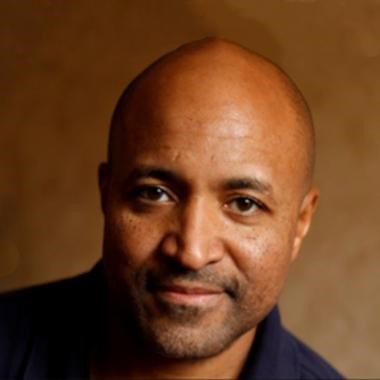
Tony Hardmon served as cinematographer, while Virdiana Lieberman served as an editor. Ms. Hargitay served as producer. Executive producers included Lauren & Myrna Bromley, Regina K. Scully, Sukey Novogratz, Marc Levin, Maile M. Zambuto, Caroleen Feeney, Pamela Schein Murphy & Marc Murphy, and Lorraine Kirke served as associate producers.
The searing and lurid film doesn’t shy from the tough details as the women bear powerful witness to their attacks and their obstacles to survival as they sought justice. The purpose of the show is to end the backlog of untested rape kits and ensures that it never occurs again. Policies on rape kits must change, but the reform crawls as the many victims agonize with their own personal nightmares.
“I’ve seen this film many times and each time I’m so humbled,” Ms. Hargitay said at the screening. “I feel so incredibly privileged, especially at this moment in history, to have a part of igniting change [and] sparking the conversation [and] continuing the conversation and hopefully being a part of how society responds to sexual assault and domestic violence. That’s what we sought to do here.”
“What ‘SVU’ has done is really started a conversation,” Hargitay said after the Los Angeles screening of the film at the International Documentary Association’s event. “We can only keep up the pressure and encourage them to do the right thing. Urge Congress to support federal funding for rape kit reform.”
A survivor’s access to justice and healing should not depend on their zip code. No state currently meets the “gold standard” of dealing with rape kits. Currently, only eight states (Colorado, Georgia, Illinois, Kentucky, New York, Ohio, Pennsylvania, and Texas) have passed laws requiring the testing of all kits, both backlogged and newly collected. Most jurisdictions do not track rape kits; most states do not require testing, and very few prohibit the destruction of rape kit evidence. The national backlog of untested rape kits is an unconscionable failure of the criminal justice system to take rape seriously.
Rape kits should be taken on everyone who comes to the hospital or police station to report a rape, but it costs money to do so and many jurisdictions will only authorize them if the police and District Attorney feels there is a case. If the law is reluctant to prosecute, or if the victim is hesitant, evidence can be lost. As a forensic nurse, myself, we often do the rape exam on victims even if they are not sure they will make a claim. (Often the hesitation is due to fear of not being believed or of repercussions from the rapist that they might even know or from their own family who – sometimes because of culture – blame the victim.) Since the evidence is best taken fresh and since the victim often changes her mind after a few days, the forensic nurse will collect and document as much as she can and hope that they can see the clothing worn at the time of the attack which will often have evidence hidden on it. Even so, it’s an uphill battle if the sexual assault forensic nurses are not supported by the police.
And remember, while women are raped in a ratio of 1: 4, men, too, are raped 1:6. For them, the report is often harder.
Documentaries can reveal things that make you angry. They can also reveal things that you, along with others, might activate the viewer into action. The culture of sexual assault, of disregarding women as “real” victims, touches not only the entertainment but any industry where people (mostly male) dominate with their power.
Write your governor and urge them to make rape kit reform a priority in the state. “I Am Evidence” premiered in Los Angles in December 2017, and as stated above will be broadcast on April 16, 2018, at 9 pm on HBO.
The Joyful Heart Foundation, through their End The Backlog initiative, is proud to be the lead social action campaign partner for the film. By using the film to engage and empower survivors, activists, civic leaders, community members, and experts at the local, state, and national levels, they continue to work alongside their partners to ensure current and future kits are tested in a timely manner. They want framework required to pass additional policies to comprehensively address sexual violence while providing support to survivors.
To learn more about our work to end the untested rape kit backlog, please visit JOYFUL HEART FOUNDATION.
Learn more about the I AM EVIDENCE documentary and how you can encourage justice in your community.
Watch the movie on HBO this April 16th! And call your local politicians now!

Be the first to comment